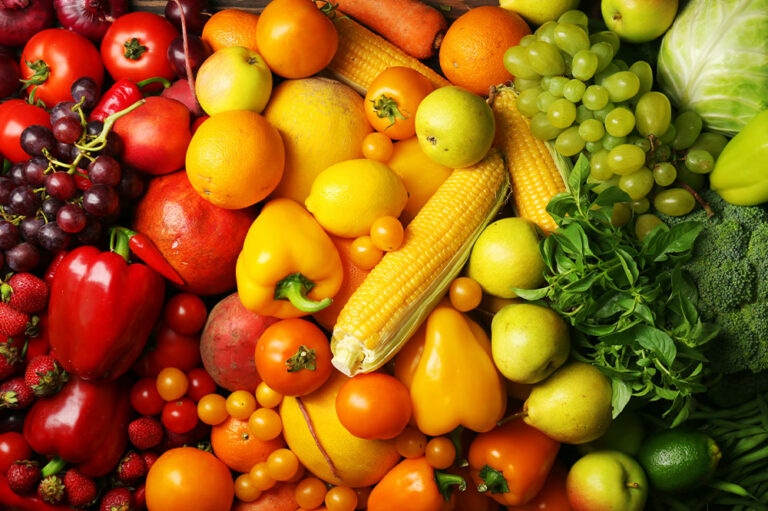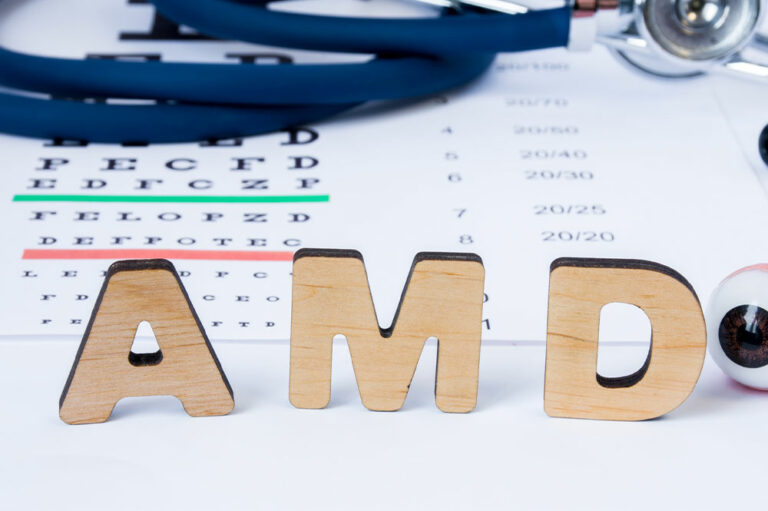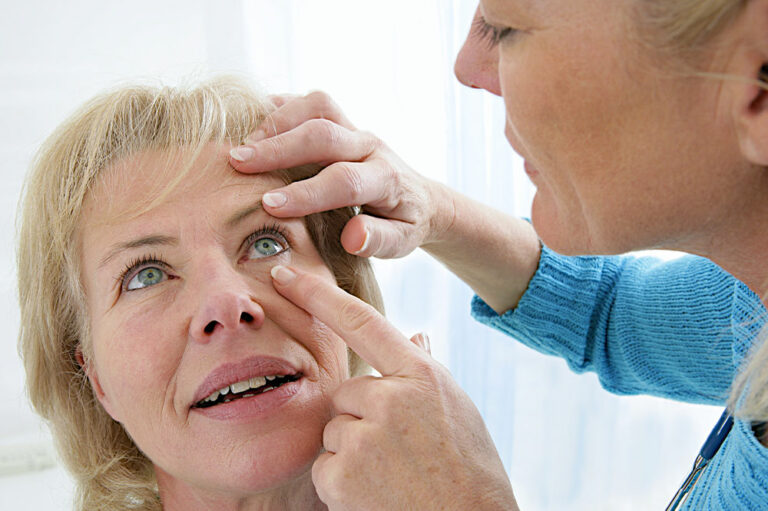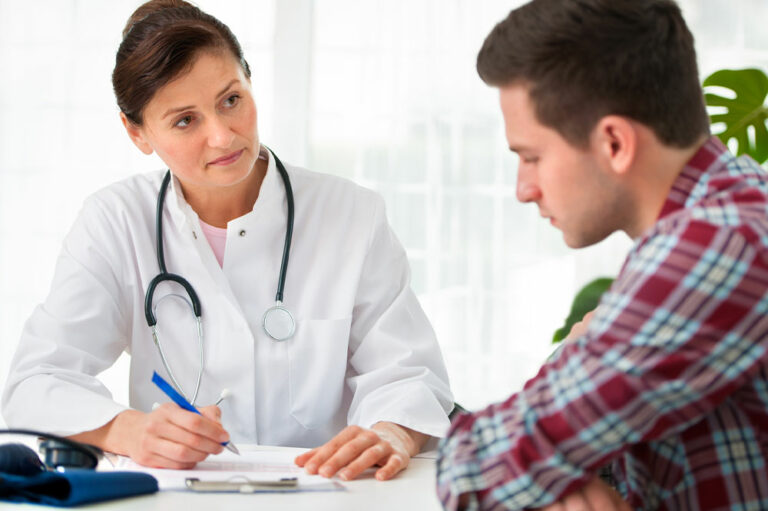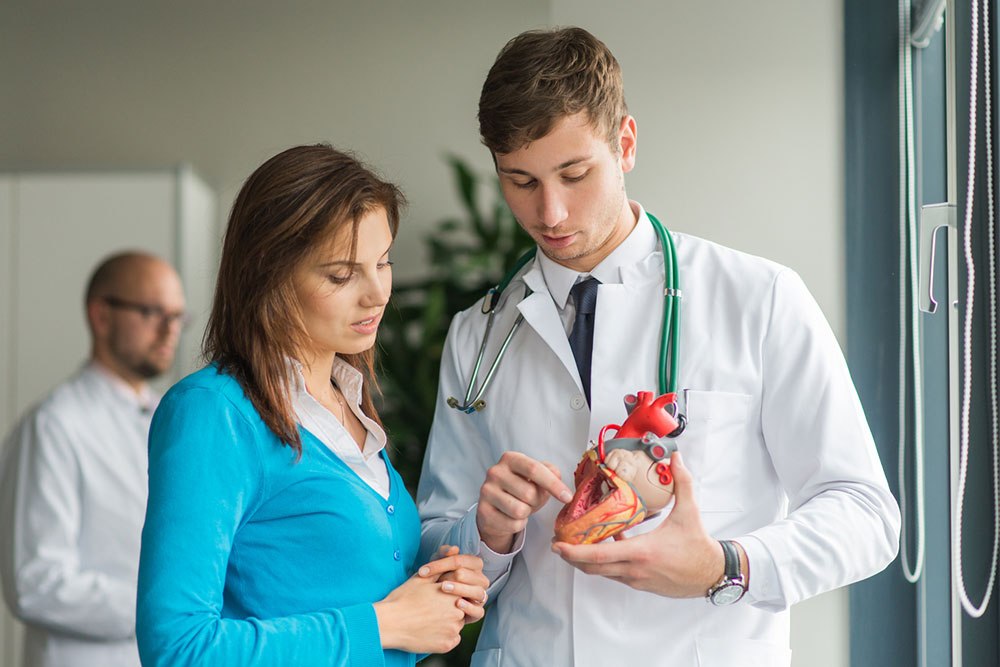
Learn about these early warning signs of gastric cancer
Stomach cancer, also called gastric cancer, is characterized by a tumor that develops in the stomach’s upper-middle part. Almost 95% of stomach cancers develop in the cells present in the stomach’s outer lining, but rarely, the cancer may also begin in the organ’s connective tissues or lymph nodes. The progression of this disease is slow, but it may eventually spread to the pancreas and liver if left untreated. Here are early warning signs of stomach cancer:
- Diarrhea or constipation
If the cancerous cells multiply and spread to the small intestine, it can cause blockages, resulting in diarrhea. On the other hand, abdominal tumors can cause the bowel to narrow, further causing constipation. - Stomach inflammation
If gastric cancer spreads to the tissue lining the abdomen, the stomach may swell up as a result of the accumulation of a fluid called ascites. - Nausea and vomiting
Since the stomach is an indispensable part of the gastrointestinal tract, cancerous tumors in the stomach may cause blockages when they begin spreading to other organs. This might lead to nausea and vomiting. - Abdominal pain
Many patients with gastric cancer may suffer from excruciating abdominal pain. Also, the cancer may spread to the back if it originates in the stomach’s lymph nodes. - Yellowing of the skin and eyes
The cancer cells can also cause jaundice, which results in yellowing of the skin and eyes due to high levels of bilirubin. - Appetite loss
In many patients, gastric cancer may spread to the gastrointestinal tract or the area around it, which can cause loss of appetite. So, patients may feel full even when they haven’t had any meals or experience difficulty swallowing. - Blood in stools
Blood in stools is a rare symptom of stomach cancer. However, it may indicate that the cancerous tumor is bleeding. In any case, this symptom should not be ignored, and one should consult a doctor as soon as possible. - Dark and sticky stools
Bleeding as a result of gastric cancer may lead to black, sticky stools containing blood. - Shortness of breath
When gastric cancer spreads to the lungs, it can cause shortness of breath, usually accompanied by breathing problems and persistent coughing. - Insomnia
Being diagnosed with cancer is a distressing experience that can lead to various mental health issues, such as anxiety and depression. This is especially true for those with gastric cancer who may experience sleep problems like insomnia as a result of the condition. - Heartburn
Although heartburn is a more common symptom of GERD and acid reflux, it might sometimes be an early indicator of stomach cancer. The determining factor here is whether the patient experiences heartburn along with other symptoms related to gastric cancer. - Bloating
In addition to constantly feeling full, patients with gastric cancer may also experience persistent bloating, particularly after every meal.
Food and lifestyle tips for patients with gastric cancer
- Include protein-rich foods
Cancer treatment can take a toll on one’s body, causing fatigue and weakness. So, to regain strength in the long run, one requires healthy protein-rich foods. Although red meat is a rich protein source, it is difficult to digest and may worsen stomach cancer symptoms. Therefore, those with stomach cancer should opt for lean protein sources like lean meats, eggs, soybeans and tofu, dairy (if not lactose intolerant), and lentils. If required, consult a nutritionist for a thorough meal plan. - Drink plenty of water/fluids
Patients with gastric cancer may easily develop indigestion, bloating, and constipation. Oncologists may also prescribe intensive cancer interventions like chemotherapy, which can also aggravate symptoms like nausea and vomiting. As a result, the body may need sufficient hydration to reduce the impact of such symptoms. In addition to having plenty of water throughout the day, patients with gastric cancer may incorporate other healthy beverages, such as coconut water, fresh fruit juices, soups, and smoothies. - Avoid being sedentary
Exercise releases proteins called myokines in the bloodstream, which help boost immunity and fight cancer cells. Hence, one should exercise as much as possible when healing from gastric cancer. Even if high-intensity workouts may not be possible, it is important to stay active by engaging in light exercises, such as walking, stretching, and cycling. - Avoid having processed foods
Processed foods like pizzas, fries, baked items, burgers, and processed meats and cheeses are full of trans fats, sodium, and sugar, which can worsen stomach cancer symptoms. They also increase one’s susceptibility to cholesterol, diabetes, and other lifestyle diseases. Therefore, those affected should stay away from such highly processed foods and replace them with healthy carbs and fats. - Reduce stress levels
Healing from cancer can cause severe exhaustion and mental distress, and high-stress levels only aggravate the symptoms. Therefore, one should find ways to delegate work efficiently and avoid stressful activities. A strong support system of family members, friends, neighbors, and professionals is extremely helpful when one is healing from gastric cancer.
Diagnosing gastric cancer in its initial stages can be challenging because symptoms are often overlooked due to their common nature. However, it is essential to pay close attention to any of the mentioned early warning signs of gastric cancer. Affected individuals must seek medical attention for timely diagnosis and prompt treatment.

